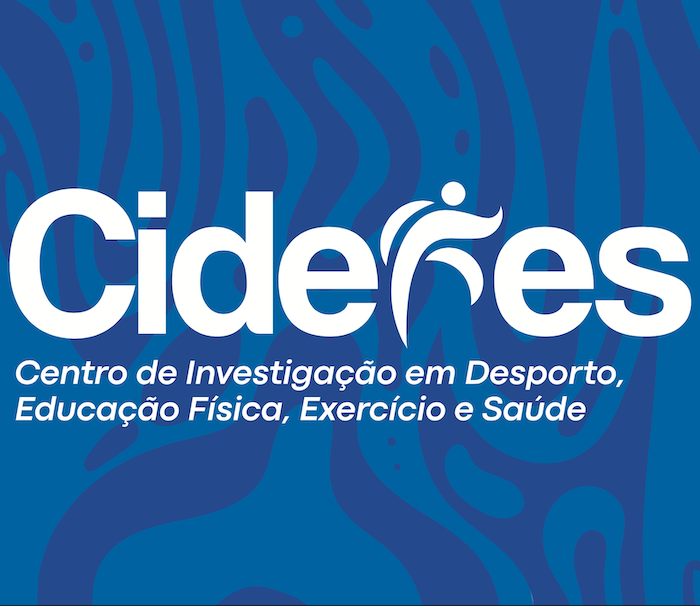Projects
A physical activity behavior change intervention for post-menopausal breast cancer survivors on aromatase inhibitors (PAC-WOMAN): a multi-centric randomized controlled trial

Website
Principal Investigators
Eliana V Carraça (PI) and Marlene Nunes Silva (Co-PI)
Timeline
Project funded by the FCT in 2020, started in September 2021 – 36 months
Partners
- Faculdade de Motricidade Humana (FMH/ULisboa)
- Centro Hospitalar de Lisboa Norte, EPE (CHLN)
- Hospital do Espírito Santo de Évora, E.P.E. (HESE)
Summary
This project is set in the context of a remarkable increase in cancer survival rates, which brought new challenges to cancer management and care [1]. Survivorship is associated with long-term adverse side effects, increased risk of cancer recurrence, higher susceptibility to chronic diseases, and poorer quality of life (QoL) [2]. Continuous care is required even long after the intensive treatment, placing a huge economic burden on the health care system [3]. Breast cancer is the second most common cancer in Portugal [1]. About 75% of women are diagnosed with hormone-receptor-positive breast cancer [4], which is frequently treated with aromatase inhibitors (AI) in post-menopause [5]. Although improving disease-free survival, AI have several adverse side effects (eg, osteoporosis) [6]. Body image is also often compromised [7]. These aspects often lead to premature AI discontinuation, reduced treatment efficacy and increased mortality [8].
Physical activity (PA) is a promising & safe way of helping breast cancer survivors navigate their disease, while also alleviating the growing pressure on the health care system [9], even more important after COVID-19. There is compelling evidence suggesting that PA improves QoL, body image, physical fitness & function, whilst decreasing adverse treatment effects, cancer recurrence & mortality [10, 11]. PA also protects against increased risk of osteoporosis and fracture, allowing women to benefit from AI endocrine therapy [12]. Thus, PA is paramount to improve health outcomes and prevent therapy discontinuation in breast cancer survivors on AI. However, most cancer survivors fail to meet established PA guidelines [13], likely because the health care service lacks an integrated solution – that incorporates exercise programs led by qualified exercise professionals – for cancer survivors who finish the intensive treatment and feel overwhelmed by the necessity of self-managing treatment side effects on their own [14].
Theory-based interventions, using evidence-based behavior change techniques, aimed at promoting long-term health behavior change in breast cancer survivors are effective [eg, 15], but remain scarce [16]. Furthermore, most interventions only target short-term adherence and outcomes [17]. Our prior research has shown that internal (better quality) motivations play an important role in long-term, sustained, PA adoption [18-20], supporting the use of self-determination theory [SDT; 21] as a valid framework. We have also shown that a person-centered, need-supportive intervention climate enhances people’s wellbeing, body image, and their ability to self-regulate and sustain behavior changes [22- 24]. Furthermore, skills such as self-monitoring, goal setting or action planning have also been identified as mediators of long-term PA [25] and as core features of effective behavior change interventions in breast cancer survivors [eg, 15]. However, most interventions fail to provide validated self-regulatory tools or explore meaningful links between PA and patients’ values/life aspirations [26].
This project will overcome the referred shortcomings by testing a PA promotion intervention aimed at sustained long-term behavioral change, and informed by solid evidence and a robust theoretical rationale (ie, SDT), provided by qualified exercise professionals. We will conduct a multi-centric 4-arm randomized controlled trial, using a 2×2 factorial design, involving a 4-month intervention and a 12-month follow-up. Specifically, we aim to: 1) develop a 4-month PA promotion group-based intervention and test its long-term (10 & 16 months) impact on PA, sedentary behavior and QoL and healthcare use (primary outcomes); 2) examine the effectiveness and cost-effectiveness of different intervention components or combinations (ie, PA counseling, structured exercise, or both) on long-term changes in primary outcomes; 3) identify moderators and mediators of 4-month and 16- month changes in primary outcomes. Additionally, we will study the impact of the intervention on secondary outcomes – clinical parameters (eg, joint amplitudes; tumoral biomarkers), physical parameters (eg, body composition, muscular strength), and psychosocial factors (eg, body image).
Our multidisciplinary expertise in the fields of psychology, PA, behavioral medicine and oncology, with support in the health economics area, and the capacity to translate this knowledge into the development and implementation of lifestyle interventions, are vital for the successful execution of this project. Its strengths include the multi-centric nature of the study (ie, 2 distinct geographical and contextual realities), the well-established institutions involved (CIPER/FMH, ULHT, CHLN, HESE), the diverse expertise of the research team, that has a solid publication record and has attracted several European level grants, and the potential public health impact of the topic under analysis, considering the present burden of cancer on society.

